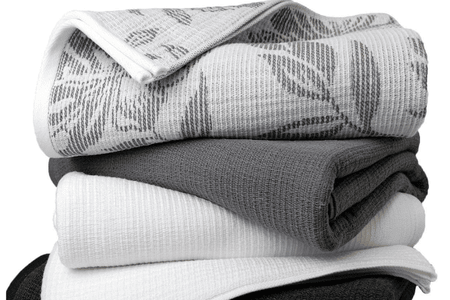South Korea mulling over participating in TPP
YarnsandFibers News Bureau 2015-10-07 17:00:00 – SeoulSouth Korea’s Minister of Strategy and Finance after the announcement that the Obama Administration has successfully concluded the Trans-Pacific Partnership (TPP), said that Seoul has been increasingly vocal about plans to participate in the TPP since first expressing an interest in Nov. 2013. But now it is contemplating to negotiate and participate in the Trans-Pacific Partnership (TPP) in some way.
Choi Kyoung-hwan, who also serves as Deputy Prime Minister, during a parliamentary audit on Oct 6 by the National Assembly Strategy and Finance Committee said that they have decided to negotiate and participate to the extent that they can uphold their national interests.
Choi also discussed the TPP’s potential impact on the South Korean economy. There are cumulation of origin regulations that could have an impact on exports. In free trade agreement (FTA) terms, they have the edge over Japan, but there is a more positive side for Japan from TPP membership in terms of cumulation of origin [terms], he added.
Commenting on South Korea’s absence during the agreement on TPP terms, Choi explained that when the US first declared TPP negotiations in 2008, the South Korea-US FTA had been signed and talks were in progress for the South Korea-China FTA, so the administration made the decision that it would be better to focus on those.
But many experts are advising prudence and cautioning for the South Korean government to take its time. With existing bilateral FTAs between South Korea and ten of the twelve partner countries (Japan and Mexico are the exceptions), experts said that the country has little chance of losing out much from remaining outside the partnership‘s framework for now.
According to Sungkyunkwan University economics professor Kim Young-han, the effects of market openness with tariff abolition, joining the TPP is a lot like a roundabout way of signing a South Korea-Japan FTA. There is a need to weigh the pros and cons carefully, especially when you consider the fact that Japan has an applied tariff rate of less than one percent for South Korean exports there while South Korea’s tariff rate on Japanese imports is over seven percent, the fact that Japan’s non-tariff barriers are beyond resolution by an FTA, and South Korea’s technology edge in key parts and materials areas.
Market Intelligence
Ask for free sample Report

experience
Customer Base
dedicated team
Countries Served Worldwide









